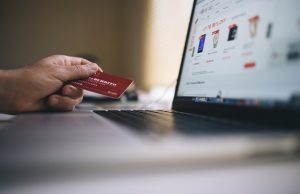In an age of digital design and machine-made uniformity, monumental stonemasons continue to offer something timeless—handcrafted artistry built to endure. These skilled professionals combine centuries-old techniques with contemporary sensibilities to create memorials that are as meaningful as they are enduring. Behind every etched name or sculpted rose is a quiet mastery, a legacy of craft that transforms stone into remembrance.
Memorials serve a purpose far greater than marking a location—they honour memory, express love, and give families a tangible connection to those they’ve lost. In the hands of a master stonemason, these monuments become personal and powerful, shaped not only by chisel and hammer, but by empathy and understanding. The process begins not with stone, but with story.

For many families, choosing a memorial is an emotional and sometimes overwhelming task. It requires navigating grief while making decisions that feel permanent. The guidance and patience of a skilled artisan can make all the difference. These craftspeople listen carefully to personal histories, cultural traditions, and family values to help design a tribute that truly reflects the individual being honoured.
While technology has entered nearly every trade, traditional stonework remains deeply rooted in manual technique. Carving by hand allows for nuance and subtlety that machines still struggle to replicate. Each curve, letter, and floral motif holds the mark of the person who created it. This human element brings depth and sincerity to every piece.
That said, many modern practitioners also embrace selected technologies where they add value—such as laser etching for photo-realistic images or computer-aided design for layout precision. But the heart of the work remains in the ability to shape and finish stone with intention and care. It’s a balance of heritage and innovation, where time-honoured methods inform and enrich new tools, not replace them.
Materials play a crucial role in both aesthetic and durability. Granite, marble, sandstone, and basalt are among the most commonly used, each offering its own characteristics in texture, colour, and resilience. The choice of material is often guided by personal preference, budget, and local climate—some stones weather better than others, and considerations like salt air, frost, or tree cover can impact longevity.
Lettering is one of the most defining aspects of any memorial. The style, spacing, and depth of inscriptions matter just as much as the words themselves. Good letter cutting requires not only technical precision but artistic vision. It’s about conveying tone as well as information—solemnity, elegance, simplicity, or strength. Some families choose classic Roman lettering, while others prefer more modern typefaces. In all cases, clarity and beauty must go hand in hand.
Symbolism also plays a central role. From religious motifs like crosses or angels to cultural emblems, flora, or animals, every element of a headstone can carry meaning. Even simple details—an ivy vine, a rising sun, a pair of hands—can evoke profound emotion. These symbols are often drawn from long-standing traditions, but can also be deeply personal or culturally specific.
Customisation is another area where traditional skills shine. In a world of mass-produced products, bespoke memorials stand out. Families can request unique shapes, carved portraits, or entirely original sculptures. Some may choose to integrate seating, garden elements, or plaques. Skilled craftspeople can bring these visions to life with both technical expertise and artistic sensitivity.
Maintenance is also considered during design. Memorials are meant to last for decades—sometimes centuries—and must withstand wind, rain, temperature changes, and time itself. Quality craftsmanship ensures inscriptions remain legible, structures remain upright, and the design maintains its integrity long after installation. That’s why attention to foundation, anchoring, and sealing methods is part of the stonemason’s commitment to enduring quality.
It’s not just cemeteries where memorial stonework is found. Public memorials, war monuments, garden tributes, and commemorative plaques all benefit from the same level of skill and care. In these contexts, the work becomes part of the public landscape—quietly telling stories of history, heroism, and collective memory. The ability to create something both durable and beautiful for such significant spaces is no small responsibility.
Working with stone also comes with its own rhythm. It’s a slow process, measured in weeks or months rather than hours or days. This deliberate pace contrasts with much of the fast-moving world, but it’s part of what makes memorial craftsmanship so powerful. Every strike of the chisel is considered. Every decision made with the weight of legacy in mind.
These traditional skills are often passed down through generations, with apprentices learning alongside seasoned masters. The work requires patience, strength, dexterity, and an artist’s eye. It’s a trade that combines the physical and the philosophical—a meeting point of labour and love, where hands remember what hearts cannot forget.
In an increasingly digital society, the presence of hand-carved stone reminds us of permanence, of intention, and of the beauty that exists in stillness. It grounds us in tradition, even as we move forward. And it ensures that our most personal stories are honoured not only in memory but in form.

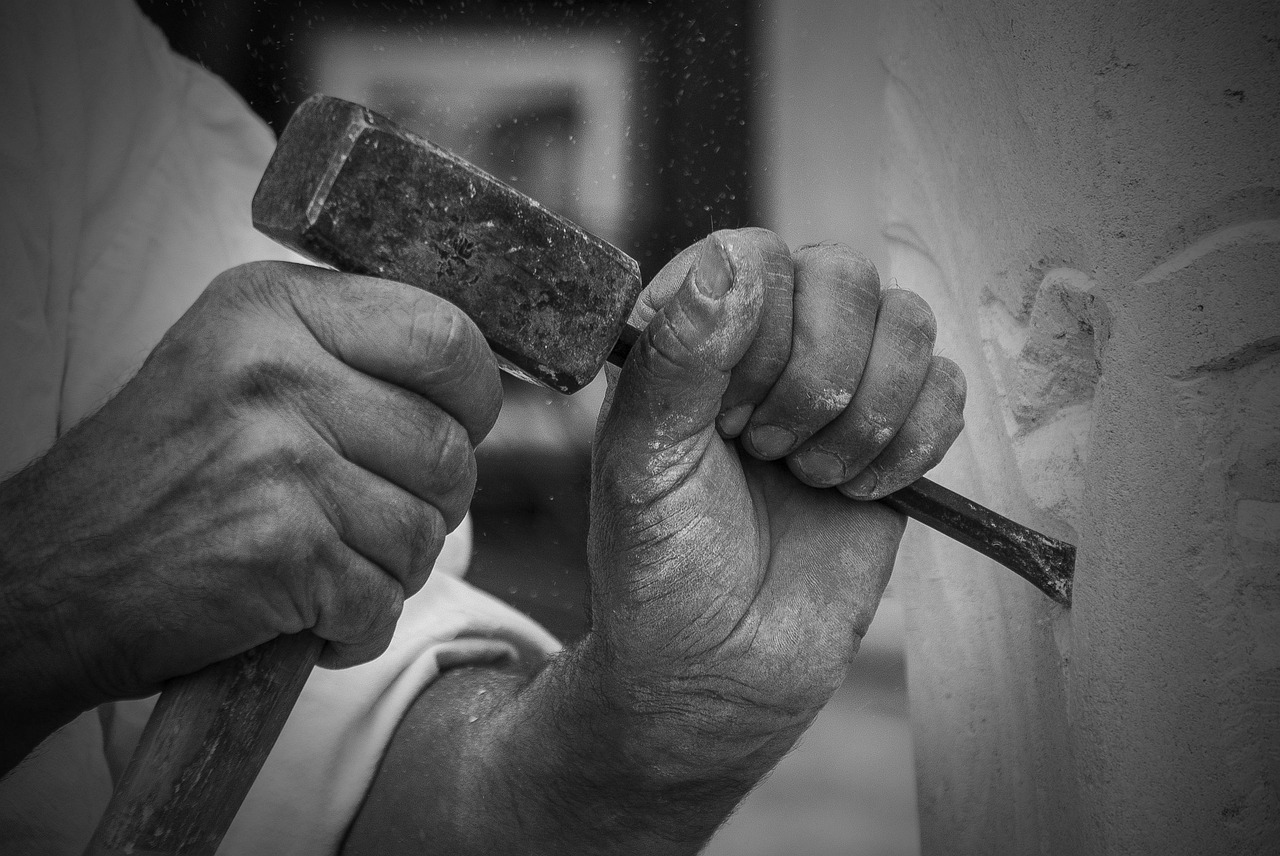




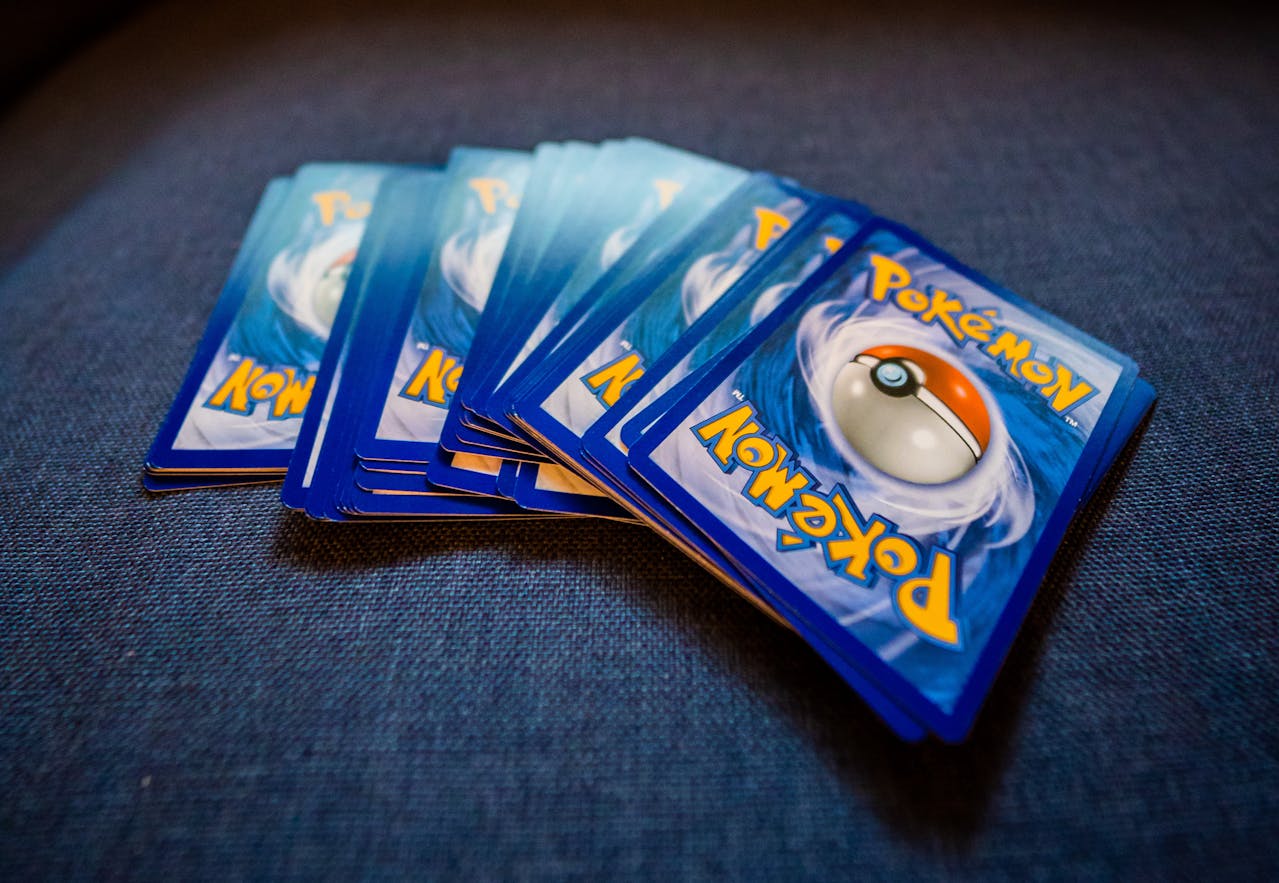



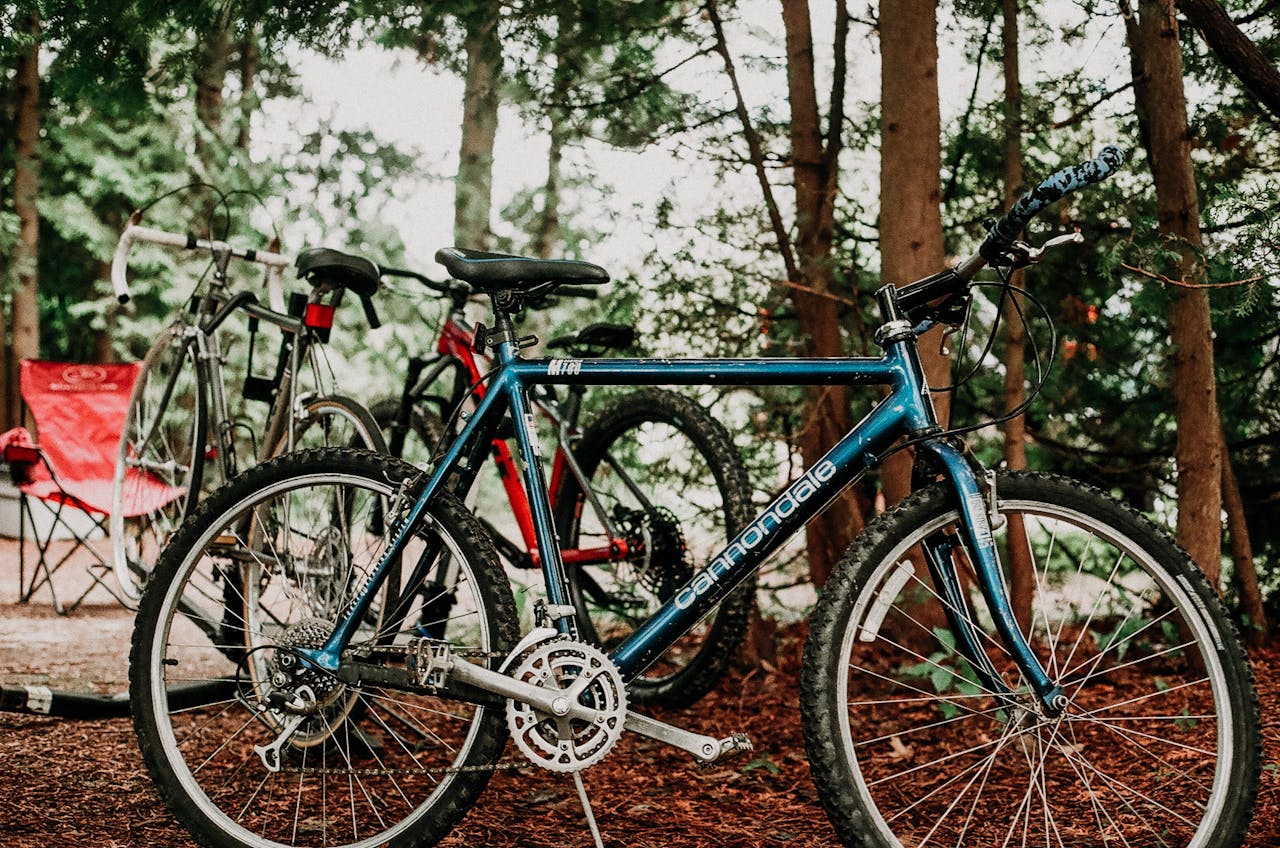














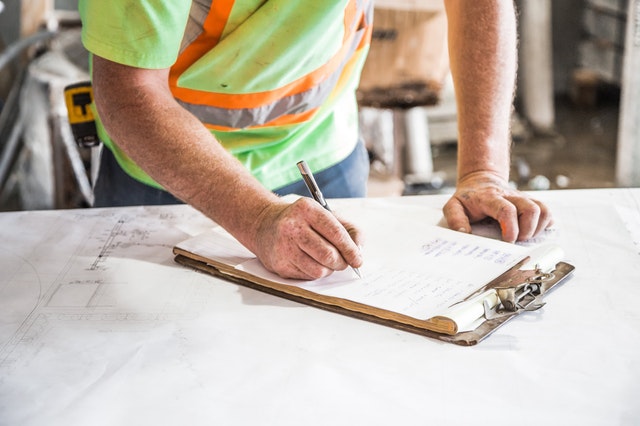
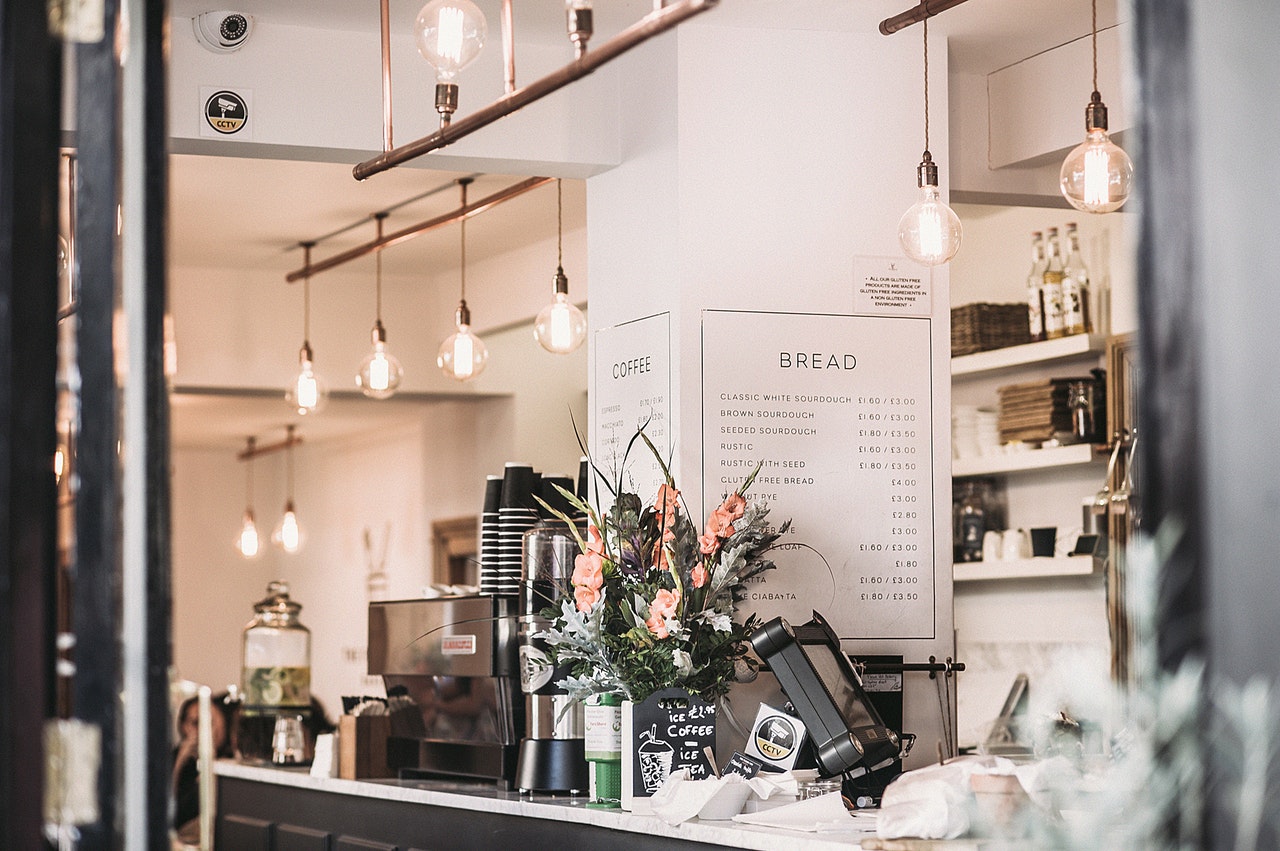
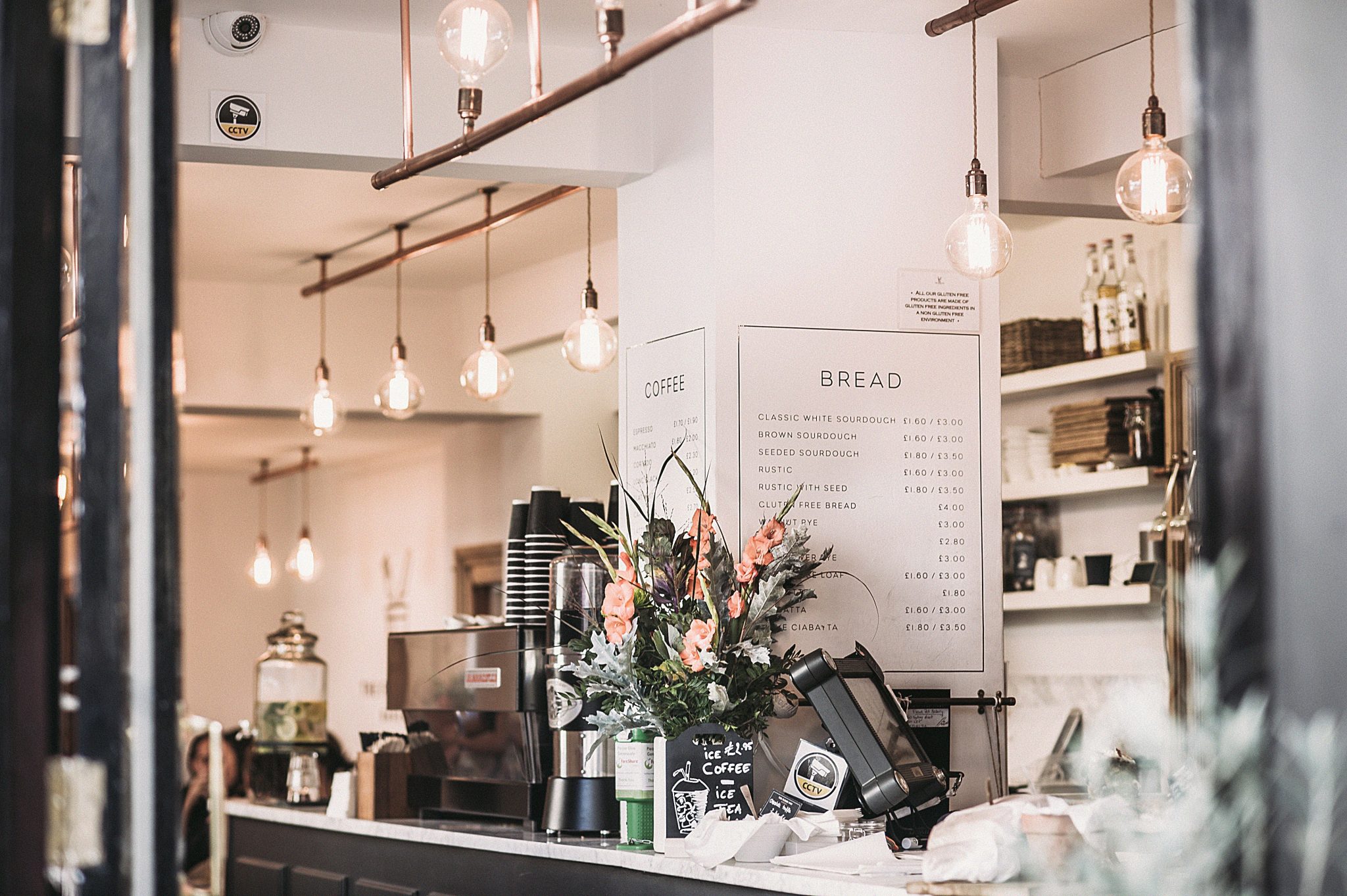
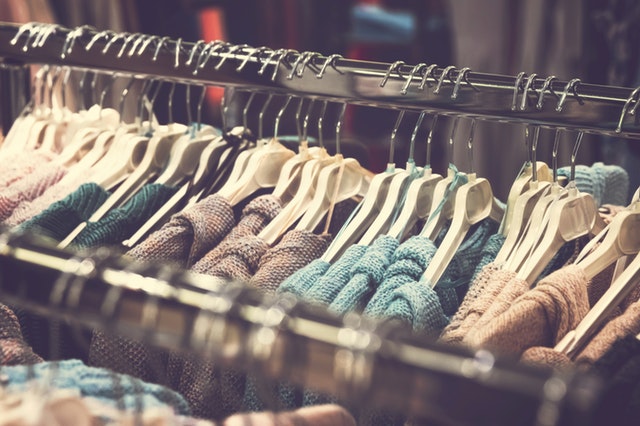











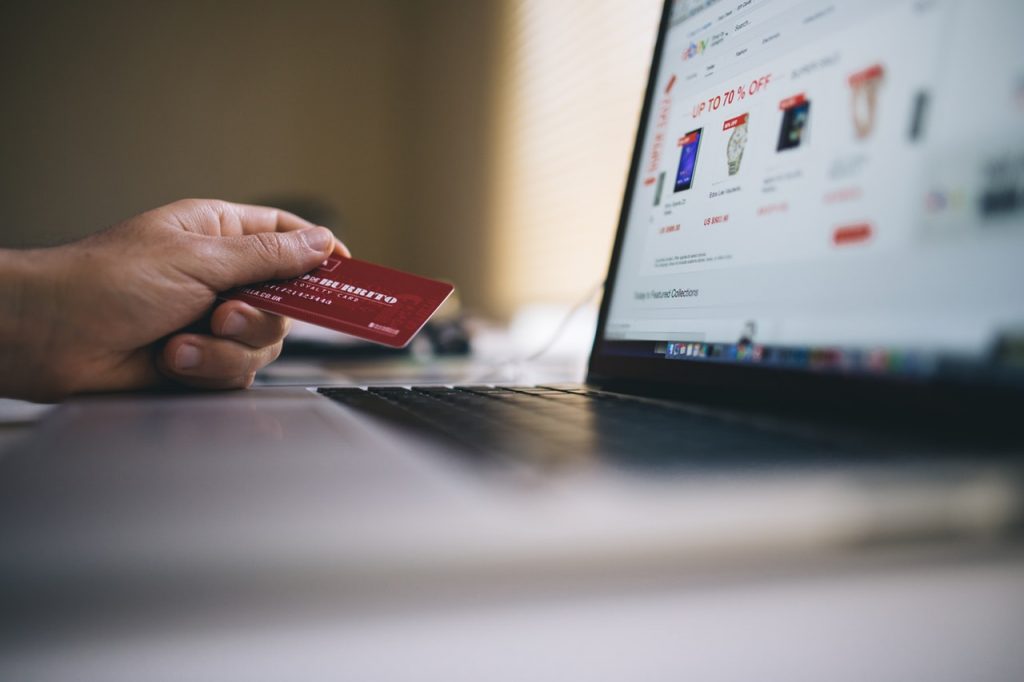

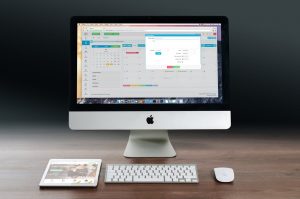

 Especially on skin care products, know what includes certain ingredients. By way of instance, if you have dry skin, then you should run in the opposite direction of benzoyl peroxide, which can lead to excessive dryness, but works wonders for acne. If you are unsure of what to stay away from, visit a few beauty services or beauty clinic to gain some advice on what not to buy.
Especially on skin care products, know what includes certain ingredients. By way of instance, if you have dry skin, then you should run in the opposite direction of benzoyl peroxide, which can lead to excessive dryness, but works wonders for acne. If you are unsure of what to stay away from, visit a few beauty services or beauty clinic to gain some advice on what not to buy.




 Industry insiders are not ignoring physical shops just yet. Stephane Wyper, senior vice president of Internet of Things partnerships and commercialization in Mastercard said she is a big believer in the physical shop and believes when you examine only pure quantity of revenue, you still find the vast majority of the occurring in a physical surroundings. For its own part, Mastercard is taking cues in the Internet world and making transacting as easy as possible.
Industry insiders are not ignoring physical shops just yet. Stephane Wyper, senior vice president of Internet of Things partnerships and commercialization in Mastercard said she is a big believer in the physical shop and believes when you examine only pure quantity of revenue, you still find the vast majority of the occurring in a physical surroundings. For its own part, Mastercard is taking cues in the Internet world and making transacting as easy as possible.
 With the introduction of new technologies over the past few decades, the fast-paced retail sector has improved in leaps and bounds. But tech experts, including a number of talented Australians, have generated some new technologies which will change the face of retail in the coming months and years.
With the introduction of new technologies over the past few decades, the fast-paced retail sector has improved in leaps and bounds. But tech experts, including a number of talented Australians, have generated some new technologies which will change the face of retail in the coming months and years.





